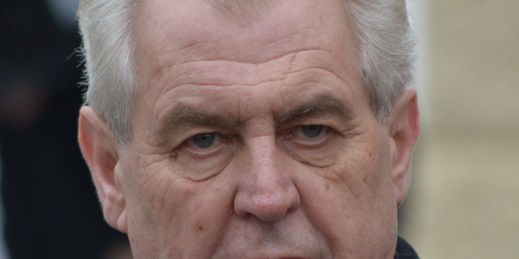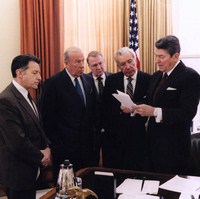
On Jan. 21, 2009, President Barack Obama pledged to close the U.S. detention facility at Guantanamo Bay, Cuba. The announcement’s timing and setting highlighted its importance. On just his second day in office, and flanked by former generals and admirals, the president had made it a top priority to shut the U.S. prison that had become synonymous with human rights abuses and lawlessness. That same day, Obama issued an order banning torture and closing secret CIA “black sites” in an effort to align America’s fight against al-Qaida and other terrorist groups with due process and the rule of law. Obama […]




